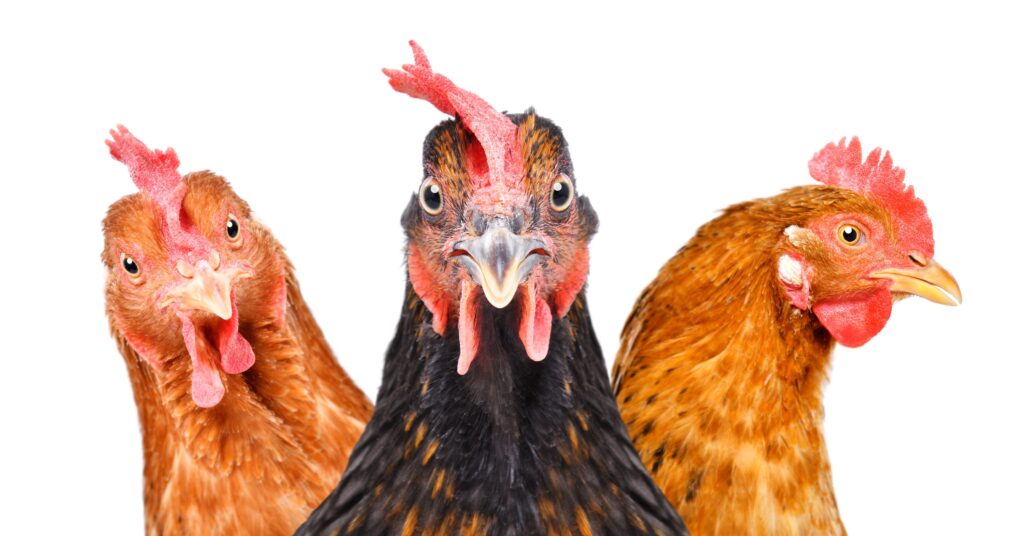R Street welcomes USDA principles for 2018 farm bill
WASHINGTON (Jan. 25, 2018) – The U.S. Department of Agriculture’s 2018 Farm Bill and Legislative Principles underscores a number of important principles for agriculture reform, according to R Street Institute scholars. Unveiled Jan. 24 by Agriculture Secretary Sonny Perdue, the principles document comes as Congress prepares to begin the process to reauthorize the federal farm bill this year.
In particular, R Street applauds USDA’s stated commitment to provide a “fiscally responsible Farm Bill” and to craft a farm-support system that does not distort markets.
“By insulating farmers from normal business risk, America’s current farm-support system drives up prices for consumers,” R Street Policy Analyst Caroline Kitchens said. “It also encourages environmentally harmful behavior like planting on marginal or sensitive lands.”
While USDA’s principles are broad in nature and do not advocate specific policy reforms, Kitchens noted that lawmakers already have a menu of reform options to rein in spending and ensure that taxpayer dollars are directed toward farms most in need of assistance. The Assisting Family Farmers through Insurance Reform Measures (AFFIRM) Act—sponsored in the House by Reps. Ron Kind, D-Wis., and Jim Sensenbrenner, R-Wis., and in the Senate by Sens. Jeff Flake, R-Ariz., and Jeanne Shaheen, D-N.H.—would cap certain crop insurance premium subsidies and enhance transparency. Sensible reforms also were included in President Donald Trump’s proposed Fiscal Year 2018 budget.
Kitchens also praised USDA’s affirmation that it will support legislation that maintains the farm bill’s safety net function without “increasing shallow loss payments.” R Street has urged lawmakers to target the so-called “shallow loss” Agriculture Risk Loss Coverage (ARC) and Price Loss Coverage (PLC) programs for elimination this farm bill cycle, or at least to bar agribusiness from collecting ARC and PLC payments for losses already covered by subsidized crop insurance.
“The ARC and PLC programs go well beyond the concept of a safety net by funneling billions of taxpayer dollars toward protecting farmers from minor dips in revenue,” Kitchens said “They’ve also cost more than twice what they were projected to when they were created in the 2014 farm bill.”
R Street Trade Policy Manager Clark Packard noted he also was pleased to see USDA specifically articulate that it will work to ensure the next farm bill is consistent with our international trade law obligations.
“Too often, the United States skirts adverse rulings at the World Trade Organization in order to shower subsidies to domestic farmers and ranchers,” Packard said.








